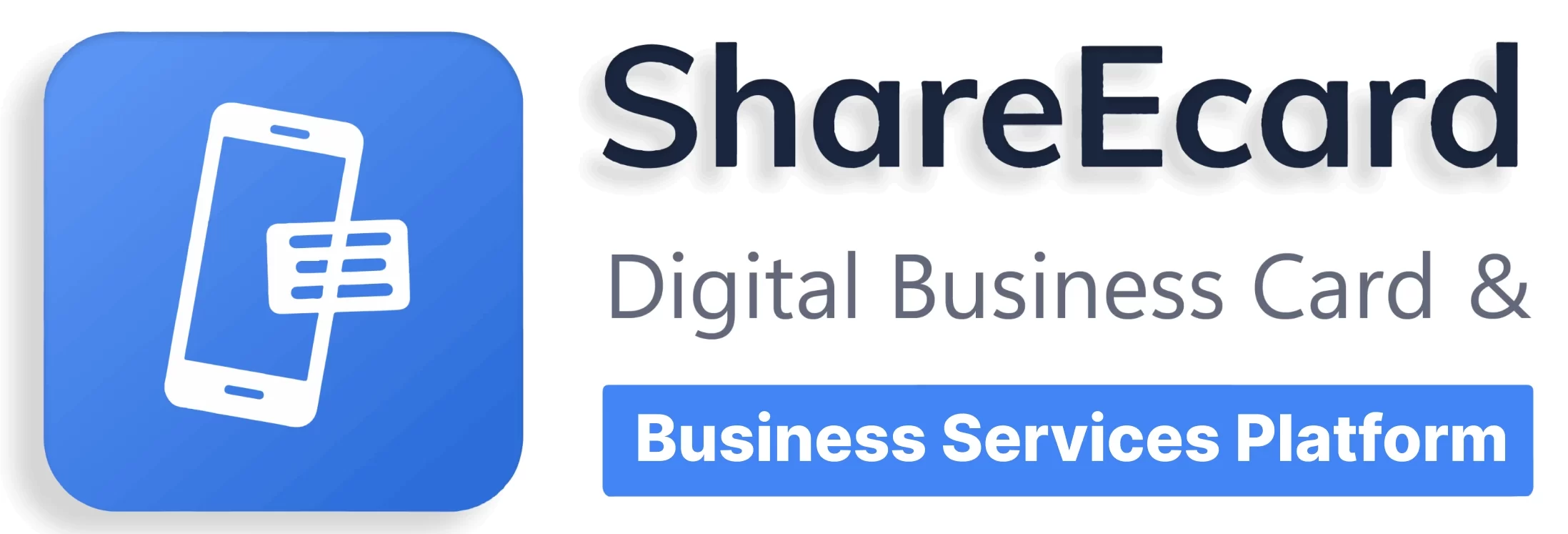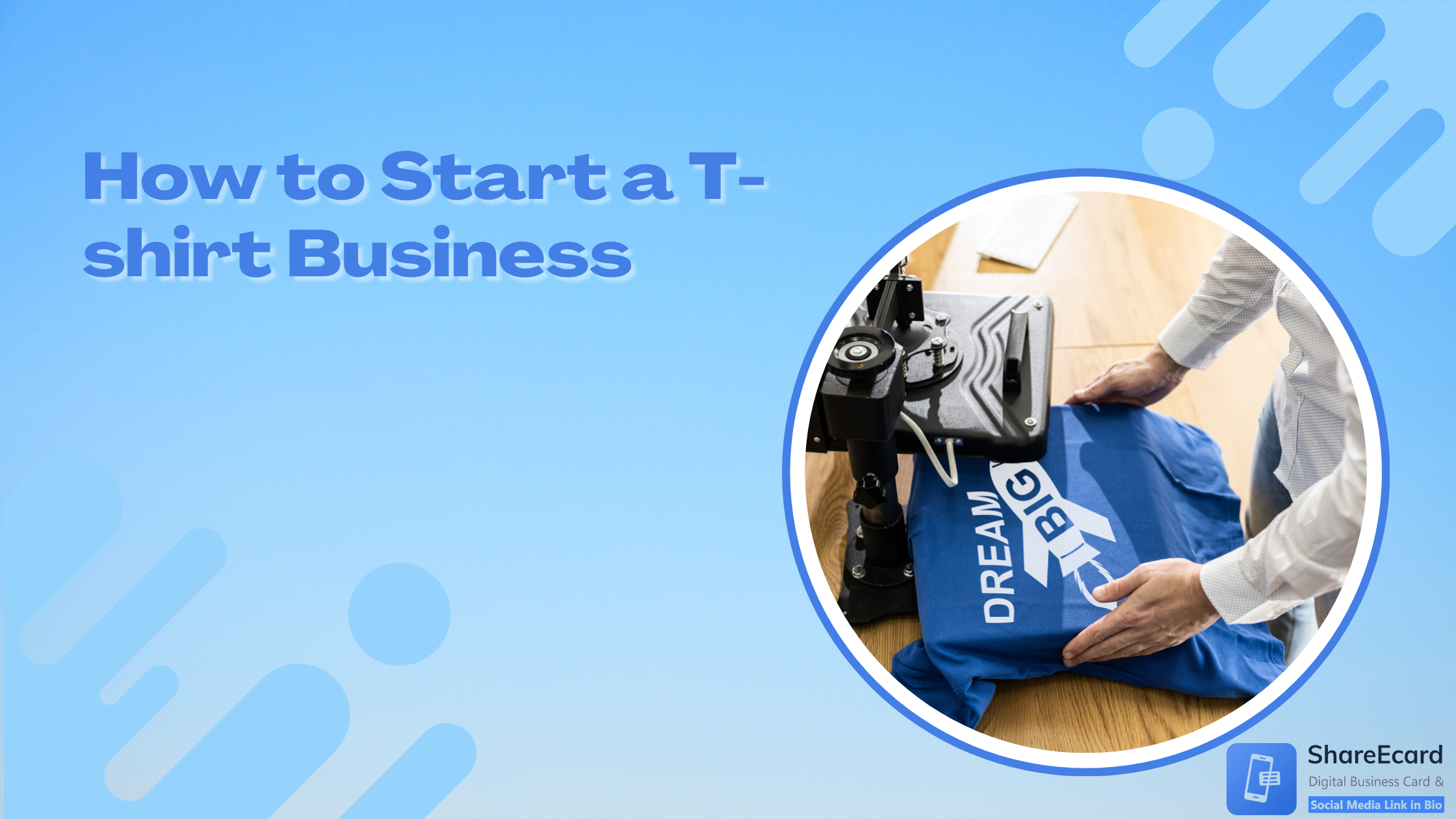With the global apparel market continuously growing, the demand for unique, high-quality t-shirts shows no signs of slowing down. This makes the T-shirt business a potentially lucrative opportunity for those with a keen eye for design and a strategic approach to business.
One of the most attractive aspects of starting a T-shirt business is its relatively low entry barrier. Whether you’re an artist eager to share your creations with the world or an entrepreneur looking for a new venture, the T-shirt industry provides a platform to express creativity and connect with customers on a personal level. Moreover, advancements in digital printing technology and e-commerce have simplified the process of selling T-shirts online, opening up global markets to sellers regardless of their location.
However, like any business, success in the t-shirt industry requires more than just great designs. It demands an understanding of your target market, strategic planning, and effective marketing to stand out in a competitive landscape. Our guide will walk you through the essential steps to launching and growing a successful t-shirt business, from market research and design to production and sales. Read on!
Understanding the T-shirt Business
The T-shirt business is all about creating, making, and selling T-shirts. These shirts are more than just clothes; they’re a way for people to show off what they like, support causes, or just express themselves. T-shirts are loved because they’re easy to wear, comfortable, and can carry any design, from favorite bands and quotes to unique art.
To do well in selling T-shirts, you need to find what makes your shirts different and better than others. This could be using materials that are good for the environment, coming up with really cool designs, focusing on specific interests, or making sure your shirts are the best quality out there. It’s also important to keep up with what people like and what other T-shirt sellers are doing.
Nowadays, selling T-shirts online has opened up the chance to reach customers all over the world. But, to be successful, you need to understand how to sell things online, use social media and other online tools to get your shirts noticed, and handle shipping your shirts to different places.
Benefits of Starting a T-shirt Business
Starting a T-shirt business comes with several advantages that make it an appealing option for entrepreneurs. Here are some key benefits:
- Low Startup Costs: Getting started in the T-shirt business can be relatively inexpensive, especially if you opt for a print-on-demand model. This means you can begin with minimal upfront investment in inventory and equipment.
- High Demand: T-shirts never go out of style and appeal to a wide range of customers, ensuring a constant demand for new, creative designs.
- Flexibility: This business offers the flexibility to work from anywhere, whether you’re selling online or setting up at local events. It’s ideal for those looking to start a business from home.
- Creative Outlet: For those with a passion for design, a T-shirt business provides an excellent platform to express creativity and see your ideas come to life.
- Scalability: You can start small and scale up your business as demand grows, expanding your range of designs, products, and even venturing into custom merchandise.
- E-commerce Opportunities: With the rise of online shopping, reaching a global audience has never been easier. An online store can operate 24/7, increasing your potential sales without the need for a physical storefront.
These benefits highlight why starting a T-shirt business can be a rewarding and profitable venture, offering both personal satisfaction and financial gains.
Step-by-Step Approach to Starting a T-shirt Business
Starting a T-shirt business can be an exciting journey into the world of fashion and entrepreneurship. Follow this step-by-step approach to turn your creative ideas into a successful brand.
- Market Research
Begin with thorough market research to identify your target audience and understand their preferences. Look into current trends, potential competitors, and pricing strategies. This research will help you carve out a niche for your business and position your products effectively in the market.
- Business Plan
A detailed business plan is crucial for the success of your T-shirt business. Outline your business goals, target market, product range, pricing strategy, marketing plan, and financial projections. A well-thought-out business plan will serve as a roadmap for your business and can be essential for securing financing.
- Legal and Administrative Setup
Choose a suitable business structure (e.g., sole proprietorship, LLC) and register your business. Obtain any necessary licenses and permits required to operate a t-shirt business in your area. Consider purchasing liability insurance to protect your business and assets.
- Design and Product Development
Your T-shirt designs are at the heart of your business. Develop unique designs that appeal to your target market. Consider collaborating with artists or hiring a designer if you’re not designing them yourself. In addition to design, focus on the quality of the shirts themselves. Source high-quality materials and choose reliable printing methods (e.g., screen printing, direct-to-garment) to ensure your products meet customer expectations.
- Branding and Marketing
Create a strong brand identity for your t-shirt business, including a business name, logo, and marketing materials. Utilize various marketing channels, such as social media, online marketplaces, and your own website, to promote your products. Engaging storytelling and high-quality visuals can help your brand stand out. Consider implementing SEO strategies to improve your online visibility and attract more customers.
Additionally, don’t underestimate the power of networking; building relationships with other businesses and potential customers can open up new opportunities and drive sales. To maximize your networking efforts, consider leveraging digital business cards to make a lasting impression. Platforms like ShareEcard offer interactive design templates, an easy-to-use platform, and easily shareable cards, enhancing your professional image and facilitating connections.
- Sales Channels
Decide on the sales channels through which you’ll sell your t-shirts. Options include online marketplaces (e.g., Etsy, Amazon), your own e-commerce website, pop-up shops, or local boutiques. Each channel has its advantages and challenges, so choose the ones that best align with your business goals and target audience.
- Production and Inventory Management
Determine whether you’ll produce your t-shirts on-demand or keep inventory on hand. On-demand production can reduce upfront costs and inventory risk, but it may have longer fulfillment times. If you choose to keep inventory, develop a system for managing stock levels and fulfilling orders efficiently.
- Pricing Strategy
Set competitive prices for your t-shirts by considering your costs, market rates, and desired profit margins. Don’t forget to factor in the costs of materials, printing, packaging, and shipping. Offering bundle deals or discounts on multiple purchases can also attract customers and increase sales.
- Customer Service and Feedback
Excellent customer service is key to building a loyal customer base. Be responsive to customer inquiries, handle returns and exchanges gracefully, and actively seek feedback to improve your products and services. Positive customer reviews can be a powerful marketing tool, so encourage satisfied customers to share their experiences.
- Growth and Expansion
As your t-shirt business grows, look for opportunities to expand your product range, enter new markets, or scale up your operations. Stay informed about industry trends and customer preferences to keep your product offerings fresh and relevant. Investing in marketing and customer acquisition can help sustain your business’s growth over time.
What You’ll Need for Starting a T-shirt Business
Here’s what you’ll need to get your venture off the ground:
- Creative Designs: Your designs are the heart of your T-shirt business. Whether you create them yourself or collaborate with artists, unique and appealing designs are crucial.
- Quality T-Shirt Blanks: The base of your product, high-quality T-shirts, will ensure customer satisfaction and repeat business. Choose materials and suppliers carefully.
- Printing Equipment or Service: Depending on your business model, you may invest in your own printing equipment for screen printing or direct-to-garment printing, or partner with a print-on-demand service to minimize upfront costs.
- Online Platform: An e-commerce website or partnership with online marketplaces is essential for reaching your audience. Consider the costs and features of different platforms to find the best fit for your business.
- Branding Materials: A memorable logo, business cards, and packaging will help establish your brand identity. Digital marketing tools, including social media accounts and an email marketing platform, are also vital for promotion.
- Legal and Administrative Setup: Register your business, obtain necessary licenses, and consider trademarking your designs. Also, set up a system for managing finances, including accounting software.
- Shipping Supplies: If you’re handling fulfillment yourself, you’ll need shipping materials like labels, packaging, and postage.
Conclusion
Starting a T-shirt business requires creativity, dedication, and strategic planning. By following these steps and focusing on quality, design, and customer satisfaction, you can build a successful T-shirt business that stands out in the competitive fashion industry. Remember, the key to success is not just launching your business but continuously adapting and improving to meet the changing needs of your customers.




